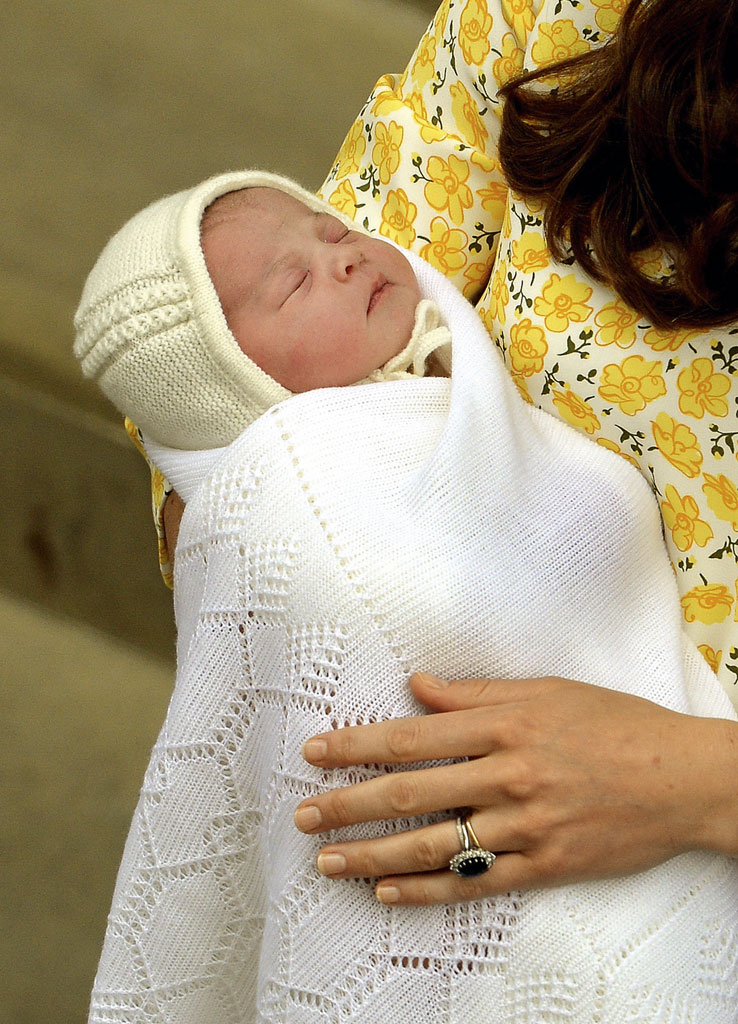
Neil Parpworth examines the impact of the Succession to the Crown Act 2013
Although the Succession to the Crown Act 2013 received Royal Assent on 25 April 2013, its key provisions did not enter into force until 26 March 2015: see the Succession to the Crown Act 2013 (Commencement) Order 2015 (SI 2015/894). It is a constitutionally important measure since it addresses several pieces of discrimination relating to the monarchy.
Succession
Hitherto, succession to the Crown has been determined by applying the common law principle of male preference primogeniture. On the death of a monarch, the throne has normally passed to their eldest and nearest male relative (usually a son), and the line of succession has been constructed accordingly.
Under s 1 of the 2013 Act, succession to the Crown is no longer dependent on gender. In the case of persons born after 28 October 2011, their place in the line of succession depends solely on when they were born. In practice, of course, the new succession arrangements are unlikely to have much effect for the foreseeable future. Assuming normal life spans, Prince Charles









